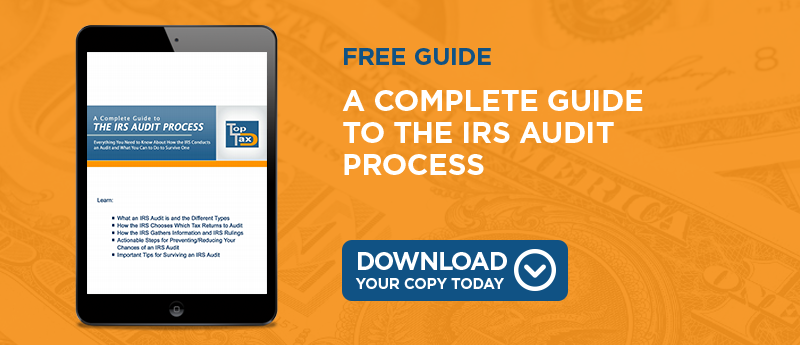
Taxpayers who are in debt to the IRS may not be aware that the agency is restricted to a certain amount of time to collect on the debt. This means that some individuals who are close to the end of the statute of limitations may only have a short amount of time left to make payments on their accounts. After the statute of limitations runs out, even the IRS cannot legally pursue back tax payments from individual taxpayers.
Statute of Limitations on IRS Tax Debt
As a general rule, the IRS has a maximum of 10 years to collect on outstanding tax balances. This rule does not vary depending on the amount of back taxes owed or the seriousness of the specific tax situation. Once the 10-year window expires the IRS cannot take any legal action to collect the balance owed.
Possible Exceptions to the Collection Rule
Even though the 10-year statute of limitations is legally enforceable, it is important to note when the 10-year window begins. The statute of limitations begins from the time when the taxes are assessed, not the applicable tax year in which the debt was incurred. Often, the IRS will wait up to three years after the tax return has been filed to make a final disposition of how much tax is legally owed. By that time, the tax balance will have accumulated significant interest and penalties. As an example, if a taxpayer files a tax return for the year 2012 and the IRS does not assess the final amount of taxes owed until 2015, then the agency will have until 2025 to collect on the past due balance.
If a taxpayer takes advantage of certain tax relief options, these may affect the statute of limitations as well. For example, if an individual files for bankruptcy protection, then the IRS may be granted permission to wait until the bankruptcy period ends before continuing with collection efforts.
Fraudulent Return Considerations
Another important point to remember is that the statute of limitations does not apply to tax returns that contain fraudulent information. This means that if an individual owes a significant amount of back taxes due to reporting fraudulent or misleading information on his or her tax return, then the IRS will have a longer period of time to collect on the outstanding tax balance.
If you have an outstanding tax debt with the IRS, you'll probably have to deal with collection action from the IRS for up to 10 years until your account is resolved. Learning about the legal conditions of this statute of limitations can help you decide how to settle your back tax debt.




